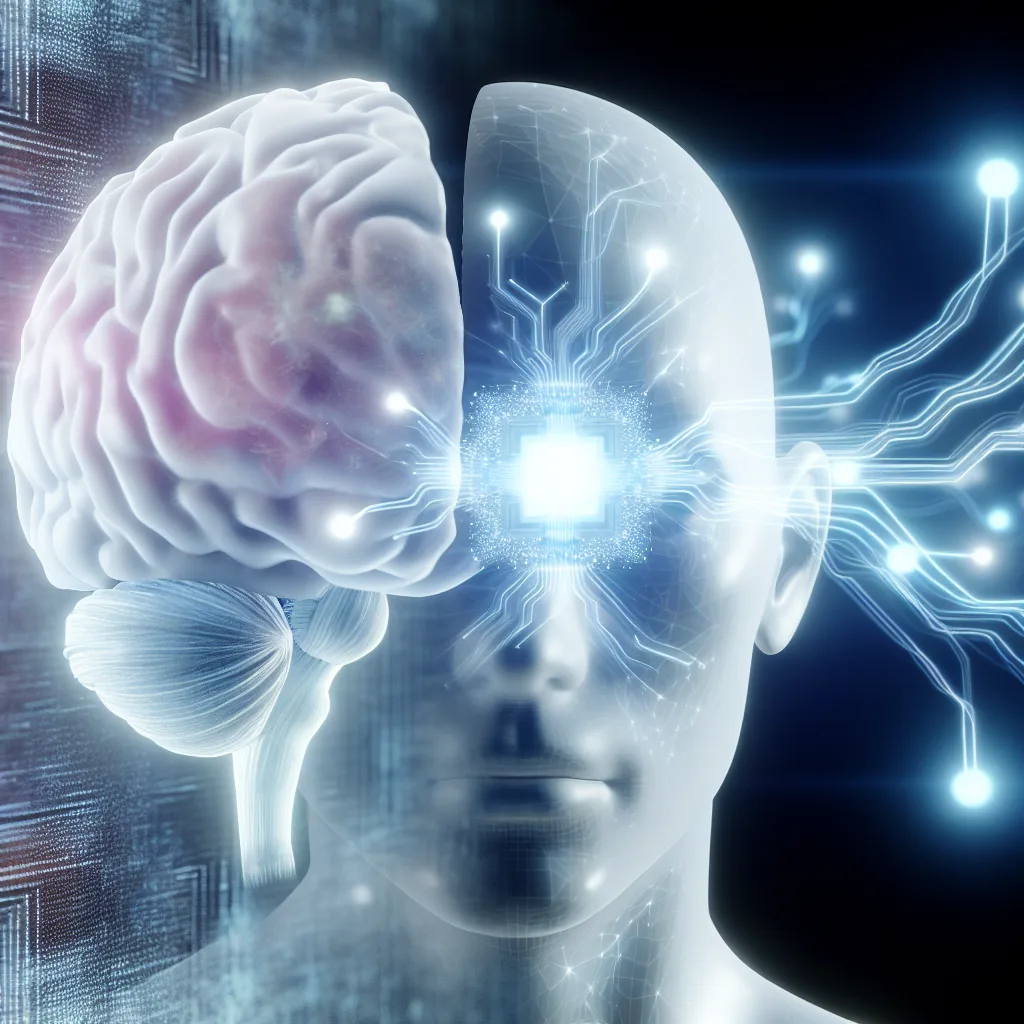How would integrating AI into your consciousness change your life and your sense of self?
Have you ever wondered what it would be like if artificial intelligence could integrate directly into your brain? This idea of AI integration consciousness, where technology melds seamlessly with our minds, sounds like sci-fi but might be closer than we think. While it’s a fascinating concept, it raises some pretty important questions about who we are and what we want from technology.
What is AI Integration Consciousness?
Imagine having AI built into your very thought process, enhancing memory, decision-making, and creativity right from inside your head. AI integration consciousness means combining human intelligence with machine intelligence, so you’d have all the advantages AI offers — rapid data processing, endless knowledge, and even real-time problem-solving — literally at your mental fingertips.
Why Would Someone Consider AI Integration?
At first, the idea might feel like a plot straight out of a cyberpunk novel. But think about the benefits:
- Instant access to information: No more searching or waiting. You could just “know” facts or learn new skills on the fly.
- Enhanced problem solving: AI could help you analyze complex problems faster or see solutions you never considered.
- Improved memory: Say goodbye to forgetting names or appointments; AI support could keep your mental notes sharp.
The possibilities can seem almost limitless, especially for people who want to push their cognitive limits or overcome mental challenges.
The Concerns and Risks
But it’s not all rosy. When it comes to AI integration consciousness, we also have to consider some serious concerns:
- Loss of privacy: If AI lives inside your brain, what happens to your thoughts? Who controls them?
- Identity and autonomy: Would having AI influence your decisions mean you’re less “you”?
- Dependence: Could we become so reliant on AI that our own skills weaken over time?
These worries aren’t just philosophical — they’re very practical points we need to think about before embracing such technology.
What Would I Do?
Talking about my own take, I’m torn. On one hand, having AI integration consciousness offers undeniable advantages that could make life easier and even more exciting. On the other hand, the idea of handing over part of my thought process to a machine still feels weird and a bit scary.
I guess I’d want to see the technology develop in a way that really respects personal boundaries and preserves individual control. Plus, safeguards to keep my thoughts private would be a must.
Looking Ahead: The Future of AI and Our Minds
Right now, AI brain-computer interfaces are at the experimental stage, with companies like Neuralink exploring direct brain-machine links. These advancements hint that AI integration consciousness might become possible someday soon. For more on the ethical aspects, check out the Stanford Encyclopedia of Philosophy’s entry on AI ethics.
Whatever happens, it’s good to talk about these ideas now — after all, the technology will only get more powerful and more personal. Are you ready to have AI as part of your mind? It’s a question we’ll all be thinking about in the years ahead.
Interested in related topics? You might enjoy reading about brain-computer interfaces at IEEE Spectrum.
In the end, AI integration consciousness isn’t just a tech trend; it’s a profound challenge about what it means to be human in a world shared with intelligent machines.
